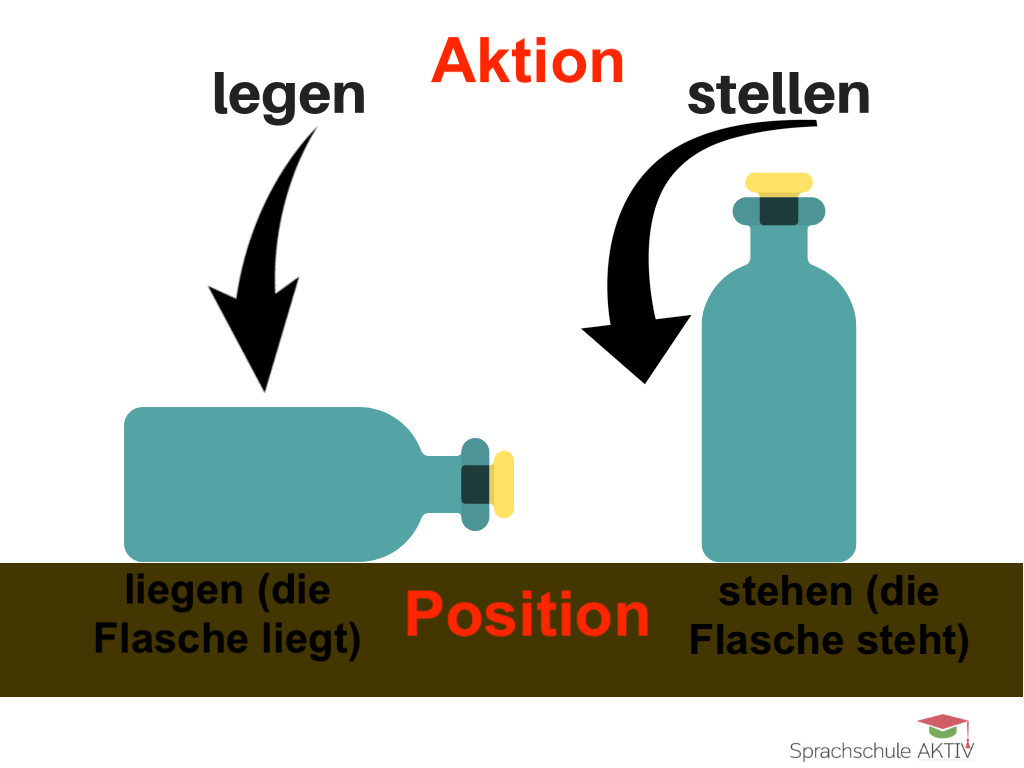If we want to say in German “what a book/text/article/song/movie is about” there are two synonymous expressions: handelt von and es geht um. In this post, I’m going to explain the difference between both.
1. handelt von
This expression is the more formal one. The book/text/article/song/movie is the subject, followed by the verb handeln conjugated in the 3rd person singular (handelt).
Notice: when talking about more than one thing (for example the 3 books of The Lord of the Rings), the verb must have the ending of the 3rd person plural (handeln).
After the verb, there is the fixed preposition von that always takes dative case.
Examples:
- Der Film handelt von einer Superheldin, die unseren Planeten rettet.
- Die Bücher „Der Herr der Ringe“ handeln von einem magischen Ring.
2. es geht um
This expression means the same as handeln von but is a bit less formal. But from the grammatical point of view, it is more complex:
The book/text/article/song/movie is NOT the subject, it is an adverbial complement starting with in + dative case (in dem Buch/Text/Artikel/Lied/Film, in der Geschichte).
The verb follows in the 2nd position, but it is always conjugated in the 3rd person singular by the empty subject es (like in wie geht es dir?) that is in the 3rd position.
In the 4th position, there is the fixed preposition um that always takes accusative case.
Examples:
- In dem Film geht es um eine Superheldin, die unseren Planeten rettet.
- In den Büchern „Der Herr der Ringe“ geht es um einen magischen Ring.
Subordinate sentences
If you want to finish your sentence with a subordinate clause (starting with dass, wie, warum, wo, etc.), you must pay attention to the following:
- We have to build the prepositional adverb: da + fixed preposition of the verb (if the preposition starts with a vowel: dar-).
- Put the conjugated verb at the end.
Examples:
- Der Film handelt davon, wie eine Superheldin unseren Planeten rettet.
- In dem Film geht es darum, wie eine Superheldin unseren Planeten rettet.


